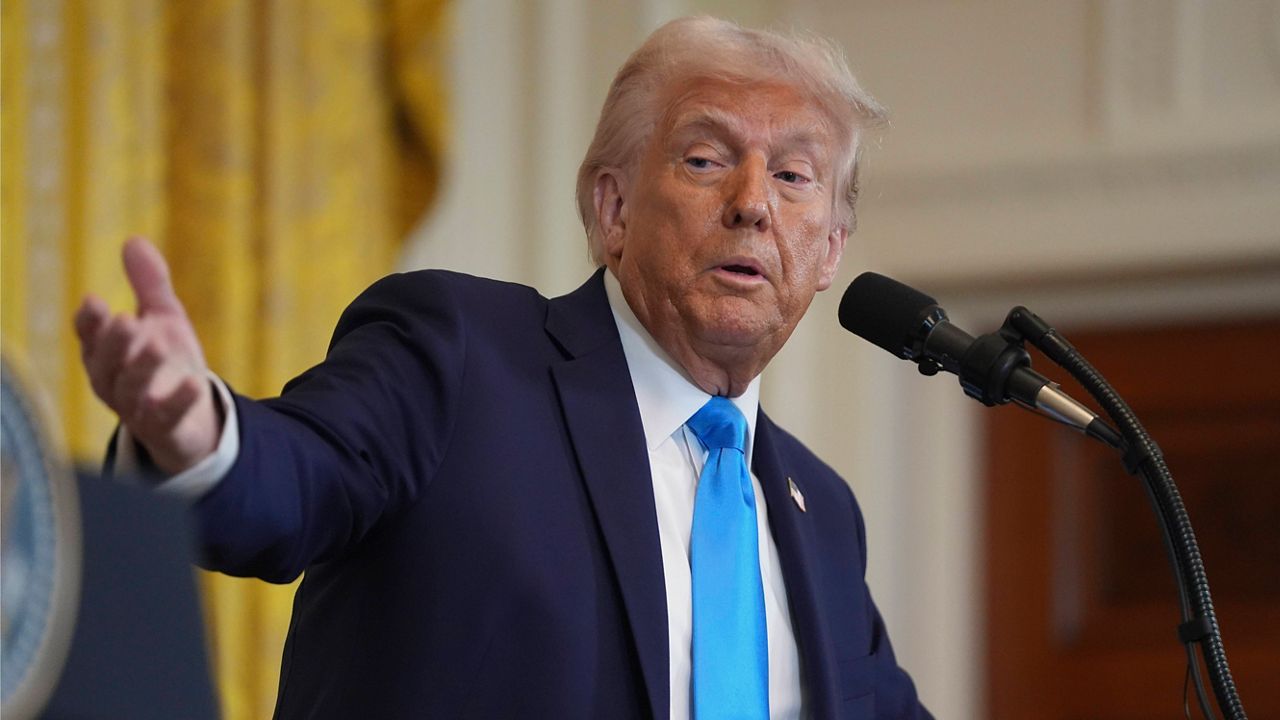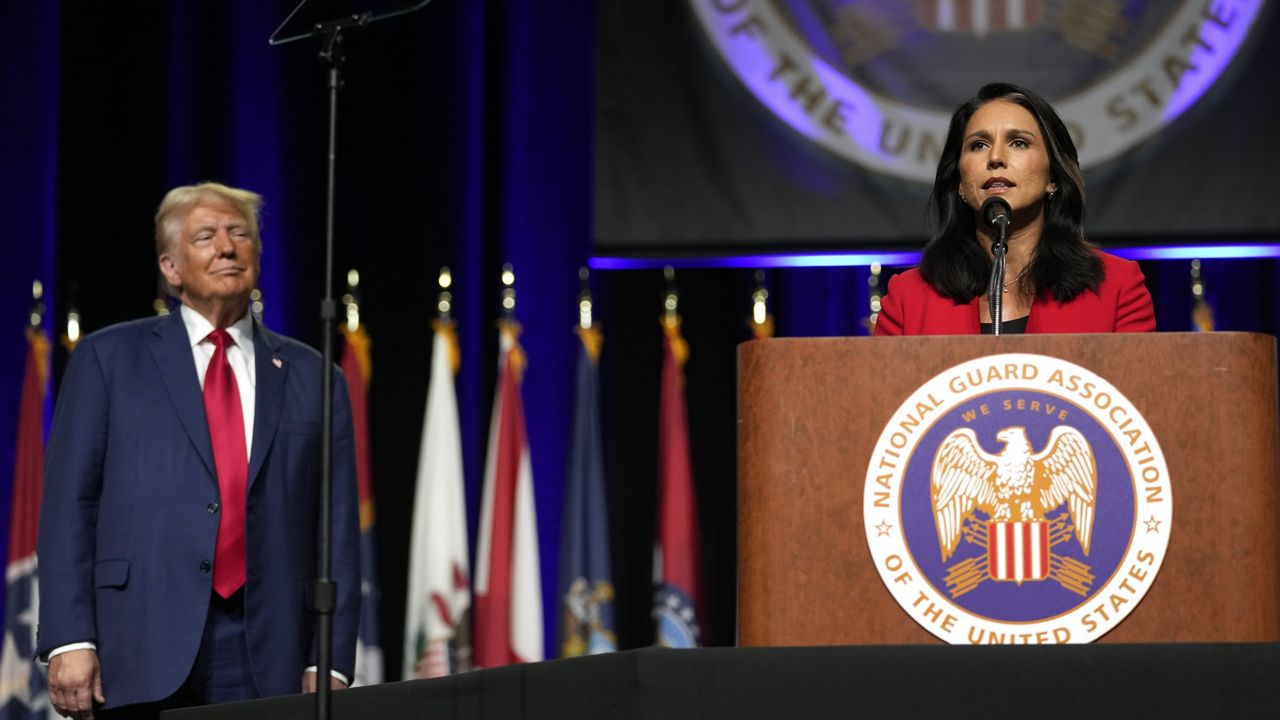With less than two weeks to go until a partial government shutdown, House Speaker Mike Johnson said that lawmakers will vote Wednesday on a partisan plan to temporarily fund the government that includes a proposal aimed at curbing noncitizen voting — an extremely rare practice — which Democrats have branded as a nonstarter.
Johnson was forced to pull a scheduled vote on the measure last week due to opposition from both Democrats and members of his own party.
“Congress has an immediate obligation to do two things: responsibly fund the federal government, and ensure the security of our elections,” the Louisiana Republican said on social media on Tuesday, urging his colleagues to come together and pass the bill. “Because we owe this to our constituents, we will move forward on Wednesday with a vote on the 6-month [continuing resolution] with the SAVE Act attached.”
But Johnson’s statement did not appear to have assuaged the concerns of members of his own party, giving the bill’s path forward a murky future.
“Your bill does NOT responsibly fund government,” Kentucky Rep. Thomas Massie wrote on social media as a reply to Johnson’s post. “It’s 12 bills rolled into one bill that continues the profligate spending that’s ruining our country. The fact that you’ve added a 13th bill to it does not make it a serious solution. Please quit insulting our constituents.”
Georgia GOP Rep. Marjorie Taylor Greene called Johnson’s plan “classic bait and switch that will enrage the base” and accused him of “leading a fake fight that he has no intention of actually fighting” on the noncitizen voting measure known as the Safeguard American Voter Eligibility (SAVE) Act.
“I refuse to lie to anyone that this plan will work and it’s already DOA this week,” she wrote on social media. “Speaker Johnson needs to go to the Democrats, who he has worked with the entire time, to get the votes he needs to do what he is already planning to do.”
The GOP-backed SAVE Act, which already passed the House earlier this year largely along party lines, would require proof of U.S. citizenship in order to register to vote in federal elections. But currently, only U.S. citizens are allowed to vote in federal elections, and state data shows that noncitizen voting is very rare.
Potentially complicating matters when it comes to finding a bipartisan agreement: Former President Donald Trump has urged Republicans to shut down the government if they cannot get the SAVE Act passed.
“If Republicans in the House, and Senate, don’t get absolute assurances on Election Security, THEY SHOULD, IN NO WAY, SHAPE, OR FORM, GO FORWARD WITH A CONTINUING RESOLUTION ON THE BUDGET," Trump wrote on his social media platform last week.
When asked on Wednesday if he'll go along with Trump's urging to let funding expire if they can't get the bill pased, Johnson replied: "We'll see what happens with the bill."
"We're on the field in the middle of the play, the quarterback's calling the play, we're gonna run the play," Johnson said.
"President Trump and I have talked a lot about this," he told CNN later Wednesday. "We talked a lot about it with our colleagues who are building consensus on the plan."
Democrats continue to oppose the bill over the inclusion of the SAVE Act, and urged Johnson to drop the proposal and work together in a bipartisan fashion to fund the government.
"Speaker Johnson must reject the most extreme voices in his party and quickly move toward a four corners agreement," said House Democratic Caucus chair Pete Aguilar, D-Calif., said Wednesday morning.
Senate Majority Leader Chuck Schumer, D-N.Y., said Tuesday morning that Johnson’s plan “makes clear he’s running into a dead end.”
“We must have a bipartisan plan instead,” Schumer declared on the Senate floor. “The speaker’s CR is too unworkable. I urge him to drop his plan [and] work together to reach a bipartisan agreement with the other leaders … as well as the White House. We do not have time to spare.”
Senate Republicans appeared open to a “Plan B” if the House vote fails on Wednesday, Minority Whip John Thune, R-S.D., told reporters on Tuesday.
Thune told reporters they wanted to give his House GOP “some space” to try to figure it out, but added, “If they don't get something by the end of the week, the game changes.”
Senate Republican leader Mitch McConnell, R-Ky., also agreed that "we first have to wait and see what the House sends us," but warned that a shutdown would be "beyond stupid" so close to Novembr's election.
"The one thing you cannot have is a government shutdown," the Kentucky Republican said Tuesday. "It would be politically beyond stupid for us to do that right before the election, because certainly we'd get the blame."











